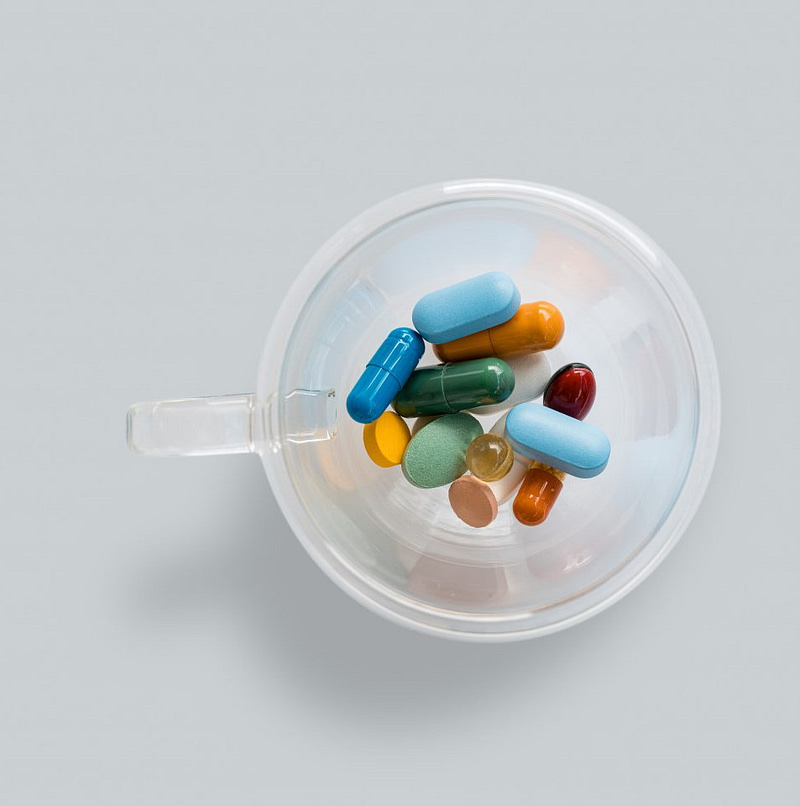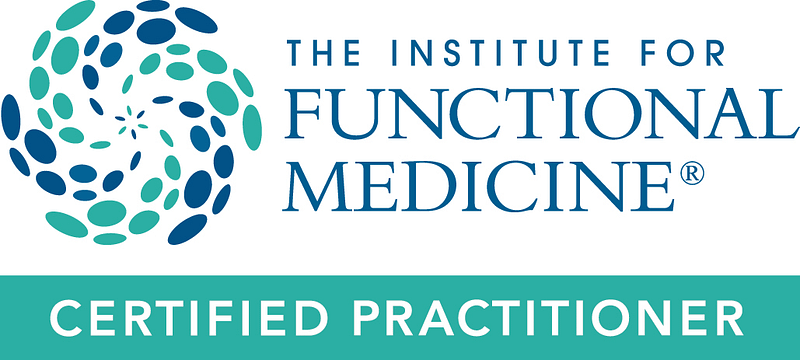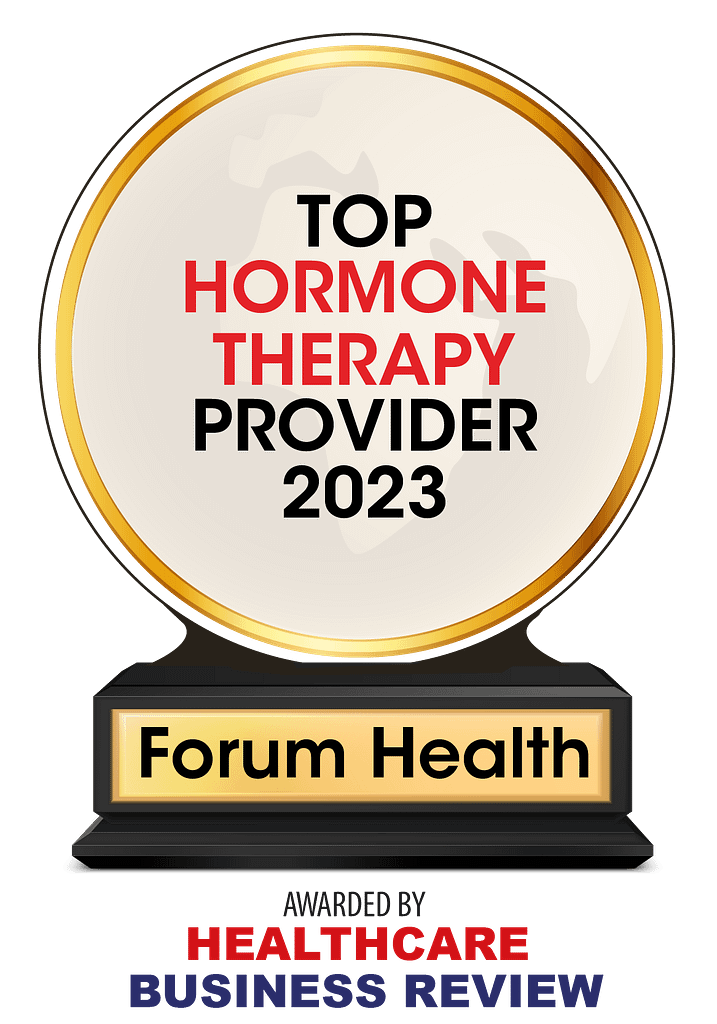The easy availability of over-the-counter and prescription drugs classed as Non-Steroidal Anti-Inflammatory Drugs (NSAIDs) combined with the increase of chronic degenerative diseases in our nation make it a strong likelihood that any individual, especially as they age, will utilize NSAID therapy to treat pain and inflammation. NSAIDs include aspirin, plus numerous other over-the-counter and prescription drugs such as Ibuprofen, Feldene, Motrin, Advil, Indocin, Orudis, Aleve, Naprosyn, etc.
Well-known side effects of NSAIDs include gastrointestinal ulceration and liver toxicity. (Do not drink alcohol while on NSAIDs treatment.) The statistics are impressive.
- More Canadians bleed to death from NSAID use than from gunshot wounds.
- The annual use of aspirin in the US is estimated to exceed ten thousand tons.
- Between an estimated 10,000-20,000 people die annually from NSAID use.
The average cost of an uncomplicated gastric ulcer hospitalization is $15,000. For active, concurrent ulcers the cost averages $86,000.In light of the fact that 70 million prescriptions for NSAIDs are written every year in the US, it is suggested that over $100 million are spent treating this one side effect of NSAID use annually.
This does not include the more insidious but equally significant and costly complications of NSAIDs such as those disrupting adequate absorption of nutrients which profoundly impacts health over time. NSAIDs enteropathy masquerades as inflammatory bowel disease, which leads to changes in the permeability of the intestines, thereby encouraging malabsorption, food allergy and bleeding.
NSAIDs act by blocking the effects of a natural substance produced by the body called Prostaglandin 2 (PGE2) which promotes inflammation in the body. Unfortunately, this blocking action is not very discriminating, as NSAIDs also block the effects of Prostaglandins 1 and 3 (PGE1 and PGE3) which are powerful anti-inflammatory substances produced by the body. This lack of selectivity of drug action is responsible for the effects of long term chronic use of NSAIDs: increased pain and inflammation. Chronic NSAID use results in increased pain and inflammation because their use blocks the body’s ability to treat inflammation with its own internal pharmacy.
Many biochemists rate the importance of prostaglandin synthesis as the single most important factor determining occurrence of degenerative illnesses including but not limited to: arthritis, diabetes, asthma, gastrointestinal ulceration, cancer, schizophrenia, learning disabilities, and virtually any medical condition ending in the suffix “-itis” which is Latin for inflammation.
Understanding this action of NSAIDs allows one to opt instead for therapies which promote the production of the body’s own anti-inflammatory PGE1 and PGE3 as a strategy to block inflammation instead of inhibiting our natural anti-inflammatory pharmacy. Knowing how prostaglandins are formed leads to potential solutions . . . read on.
Prostaglandins are produced as a direct result of eating Essential Fatty Acids (EFAs). EFAs are called essential because they cannot be manufactured by the body as are all other fats are including cholesterol, triglycerides, monounsaturated fats, etc. We must depend on external food sources for essential oils.
There are two types of EFAs: Omega 3 and Omega 6. The synthesis of our natural anti-inflammatory PGE1 results from the intake of Omega 6 oils, and is most easily promoted by eating Evening Primrose Oil (EPO). The synthesis of our natural anti-inflammatory PGE3 results from the intake of Omega 3 oils. Flax seed oil and fish oils (EPA and DHA) are rich in Omega 3 fats and therefore promote PGE3 formation.
The recommended ratio between Omega 6 and 3 oils for health maintenance is roughly 4-8:1, respectively. Other ratios are used therapeutically for shorter periods of time and/or for specific clinical situations or documented need based on EFA analysis-a blood test which measures levels of greater than forty individual fatty acids.
Food sources of these delicate, beneficial EFAs include raw, unroasted seeds (sunflower, sesame, flax, poppy, and pumpkin seeds) and unroasted nuts (walnuts, almonds, pistachios, brazil nuts, cashews, pecans, macadamias, filberts,) and their oils, in addition to fish and their oils. EFAs occur in other cold pressed oils such as corn, safflower and soy to some extent.
Unfortunately, modern oil extraction methods destroy these heat-sensitive oils. Due to their tendency to become rancid quickly, they are virtually stripped out of foods in our supermarkets in deference to long-lived but harmful fats including trans fatty acids and hydrogenated oils which have very long shelf lives: margarine, shortening and most commercial vegetable oils.
GSMC has carefully selected from the highest quality oils available on the market and have chosen Omega, Flora, or Efamol brands. We also use Cardiovascular Research, Allergy Research Group and Thorne Research brands for other selected oils. Freeze these oils until opened, then refrigerate after opened. If you take oils in gel caps, taste the contents of the caps weekly to be certain they are not rancid. Ingesting high quality oils is so critical that this is one instance where we ask you to use the specific products we recommend or their exact duplicates from another source. Taking poor quality, rancid or damaged oils will in fact promote inflammation.
Elevated levels of the pro-inflammatory PGE2 can be identified through EFA analysis, a blood test available at GSMC. Elevated PGE2 levels can be lowered in three ways. First, by correcting deficiencies of the nutrients Vitamin B3 and B6, zinc and magnesium which, when present in adequate amounts, limit the production of PGE2. Second, by limiting intake of eggs, beef, pork and shrimp as they are high is arachidonic acid which converts into PGE2. And third, by eating sesame oil or sesame seeds which can be effective in decreasing PGE2.
The optimal functioning of our cells depends on the ability of our cells to create energy. Using a car engine as an analogy, the presence of the spark of energy that occurs in an engine is critical to an engine’s performance and depends on the spark plug, the proper gap, delivery of the fuel from the carburetor, properly functioning valves, and timing. If any part of the energy production is not working right, your engine will miss and may stall or die. Similarly, each cell’s ability to make energy depends on optimal supply and timing of vitamins, minerals, fats, protein, carbohydrates, enzymes, neurotransmitters, and ultimately, the vital “spark” of energy produced from all of the above. Disruption of this “spark” of energy leads to the chronic illnesses of our modern world-heart disease, arthritis, hypertension, diabetes, etc.
Strive to address the following known factors which can disrupt the formation of that critical spark of energy :
- the ingestion of harmful fats (especially trans fatty acids),
- chronic infections (including dental) and infestations (parasites, etc), · nutritional deficiencies characteristic of modern Western diets,
- heavy metal toxicity,
- chronic alcohol ingestion and tobacco use, drug exposure (especially NSAIDs, steroids, and antibiotics)
- chemical exposures including pesticides and solvents,
- insufficient digestion,
- malnutrition (notably sugar excess), and
- chronic stress.
Reduction of inflammatory symptoms via nutritional intervention may take weeks to months as one replenishes EFA deficiencies.
In summary, NSAID use presents serious risks and inhibits the production of beneficial anti-inflammatory prostaglandins whose presence is critical to health. Identification and removal of the true causes of inflammation is the optimal therapy. EFA and adequate nutrient intake are two well tolerated and safe ways to naturally favor one’s internal anti-inflammatory pharmacy, as is the avoidance of less healthful altered fats such as hydrogenated oils (margarine and shortening) and commercially processed oils which interfere with the production of the spark of life itself.














